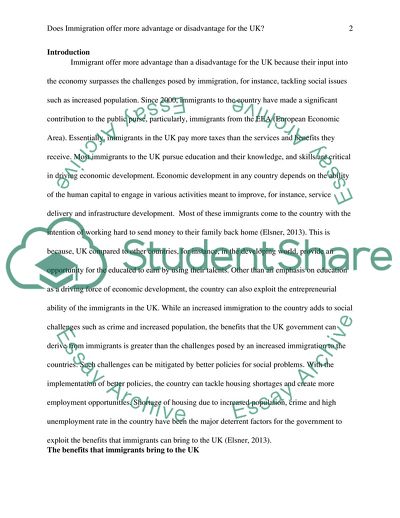Cite this document
(Does Immigration Offer More Advantage or Disadvantage for the UK Coursework, n.d.)
Does Immigration Offer More Advantage or Disadvantage for the UK Coursework. https://studentshare.org/environmental-studies/1871971-does-immigration-offer-more-advantage-or-disadvantage-for-the-uk
Does Immigration Offer More Advantage or Disadvantage for the UK Coursework. https://studentshare.org/environmental-studies/1871971-does-immigration-offer-more-advantage-or-disadvantage-for-the-uk
(Does Immigration Offer More Advantage or Disadvantage for the UK Coursework)
Does Immigration Offer More Advantage or Disadvantage for the UK Coursework. https://studentshare.org/environmental-studies/1871971-does-immigration-offer-more-advantage-or-disadvantage-for-the-uk.
Does Immigration Offer More Advantage or Disadvantage for the UK Coursework. https://studentshare.org/environmental-studies/1871971-does-immigration-offer-more-advantage-or-disadvantage-for-the-uk.
“Does Immigration Offer More Advantage or Disadvantage for the UK Coursework”. https://studentshare.org/environmental-studies/1871971-does-immigration-offer-more-advantage-or-disadvantage-for-the-uk.


